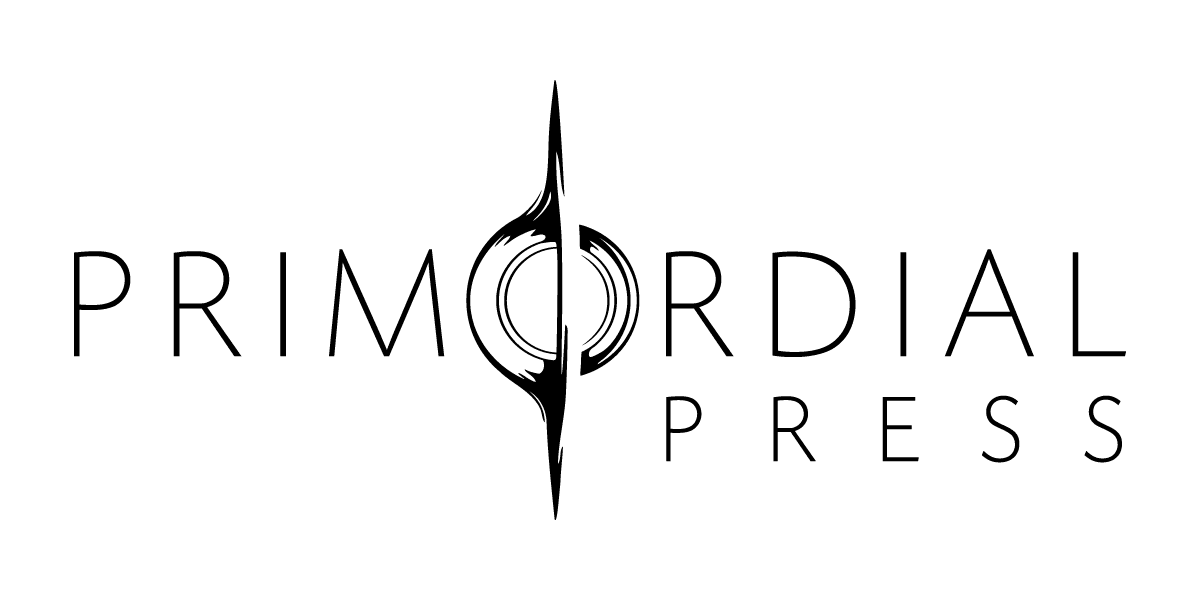Some issues I found in my writing…and how I fixed them
As any of you who have read some of my entries on the topic of writing a novel know, I’ve had a somewhat strange ride. Suffice it to say that I have learned a tremendous amount about creative writing through this effort and especially about my crutch words and weaknesses.
I wanted to touch briefly on the topic of common issues and share what I found myself doing, and some of the advice I was given which I thought was invaluable.
Those darn adverbs! You know the ones that they taught you in school. Those -ly words such as quickly, slowly, etc.
After my first draft I noticed a lot of those words strewn throughout my writing. With 20-20 hindsight being my friend, I can now give some advice on what to do and when to do it for some of those darn adverbs.
First of all – adverbs do actually have a place. It wasn’t some literary invention, initiated centuries ago to befuddle authors in today’s era. Those who say you must eliminate ALL -ly words are just citing a nice generalist, but I find that this isn’t necessarily an absolute. In fact, you may very well see an occasional -ly word in best-selling author’s novels. Those cases prove that the absolutists are generally to be looked at with a measured glance and understanding. There is a reason why the generality of -ly being evil exists.
They are used to support weak or unnecessary language more often than not. It is a common practice for an author to distill his sentences to as few words as possible, because if you can elicit the same meaning and effect from 4 words versus 12 – why don’t you do it – your readers will typically thank you.
For instance, let’s look at this passage:
- Ryan snuck in carefully through the back door and was attempting to avoid getting noticed by his parents who were likely watching television in the next room.
Notice the carefully, likely, and passive tenses.
- Ryan snuck in the back door as he attempted to avoid notice by his parents who watched television in the next room.
The second passage removed the carefully. When was the last time you noticed someone sneaking and not being careful? You tend to presume one when the other is being done, so SNIP SNIP – carefully isn’t needed. We also removed likely. Well, for purposes of this example, the reader can presume that if the television is on, and sneaking is happening, the parents are likely in a vicinity to be wary, so you don’t need the likely – it’s really presumed.
I mentioned passive tense as well, didn’t I?
That too was one of my issues when I started to write. I was very specific and felt the need to say “X was doing Y” everywhere. As you read those types of passages, you start to searching for the -ING endings as much as your -LY ones. I like to call passive verbs the wet blanket of the literary world. You don’t want to read about how someone “was doing Y”, trust me – you want to read about how someone “did Y”.
As you practice writing the passages and compare how things sound, I believe you’ll come to that same conclusion – it reads much better to have active verbs largely replacing your passive verbs. In fact, I found myself striking almost all the passive text with one exception – dialog. Within dialog, (quoted material between characters) you will find that conversations will sometimes demand that tense. I generally found that the narration does not.
To find the passive passages, I tended to search and highlight all instances of where I had the words, “was”, “were”, “look”, “heard”.
One more nugget that as an author you might find unusual is there are two nearly useless words I’ve stumbled into within the writing of a novel.
- THEN
- FINALLY
Anytime you see this in your writing, you can with a 90+% assurance remove it completely and your sentence will read perfectly fine. I scoffed at first, but realized it was true.
- My friend liked to eat pudding and then put the dishes on her head.
- I finally finished my report.
Two example of reasonable sentences, right?
- My friend liked to eat pudding and put the dishes on her head.
- I finished my report.
Absolutely no difference except I stripped two words. This realization tickled me to no end…
One more thing before this blog entry gets too lengthy:
Hooks!
We see this every day on the TV, just prior to a commercial break, a show might be left on a cliff-hanger moment. This forces you to be there as the commercials play so that you don’t miss a moment when the show comes back from commercial. These hooks also apply to the literary world.
A hook is intended to grab someone’s attention and keep them turning the page. One thing that I found myself doing, especially with my first draft was that I concentrated really hard on the story, but I didn’t try to jar the reader or establish something that was irresistible on a per-chapter or per-page boundary.
For instance, if you pick up a book you’ve never seen before, you will likely read the back cover to see if it “hooks” your interest.
If it does, you might read the first page. Does that first paragraph make you want to read the next one? Does that page make you want to read the following page?
Let’s say that you bought the book, you are about to put the book down for the evening. You get to the end of the chapter and realize OH MY GOD that character is about to do WHAT? That too might be a hook to get you to continue reading.
Really good books that are known as page-turners have all sorts of things right about them. However they often-times have strategically placed hooks at the beginning and end of chapters to force the read to continue reading. Some authors may even have intended hooks on every single page.
Well, I hope this little blurb helped someone out there.
Thanks,
-Mike Rothman

